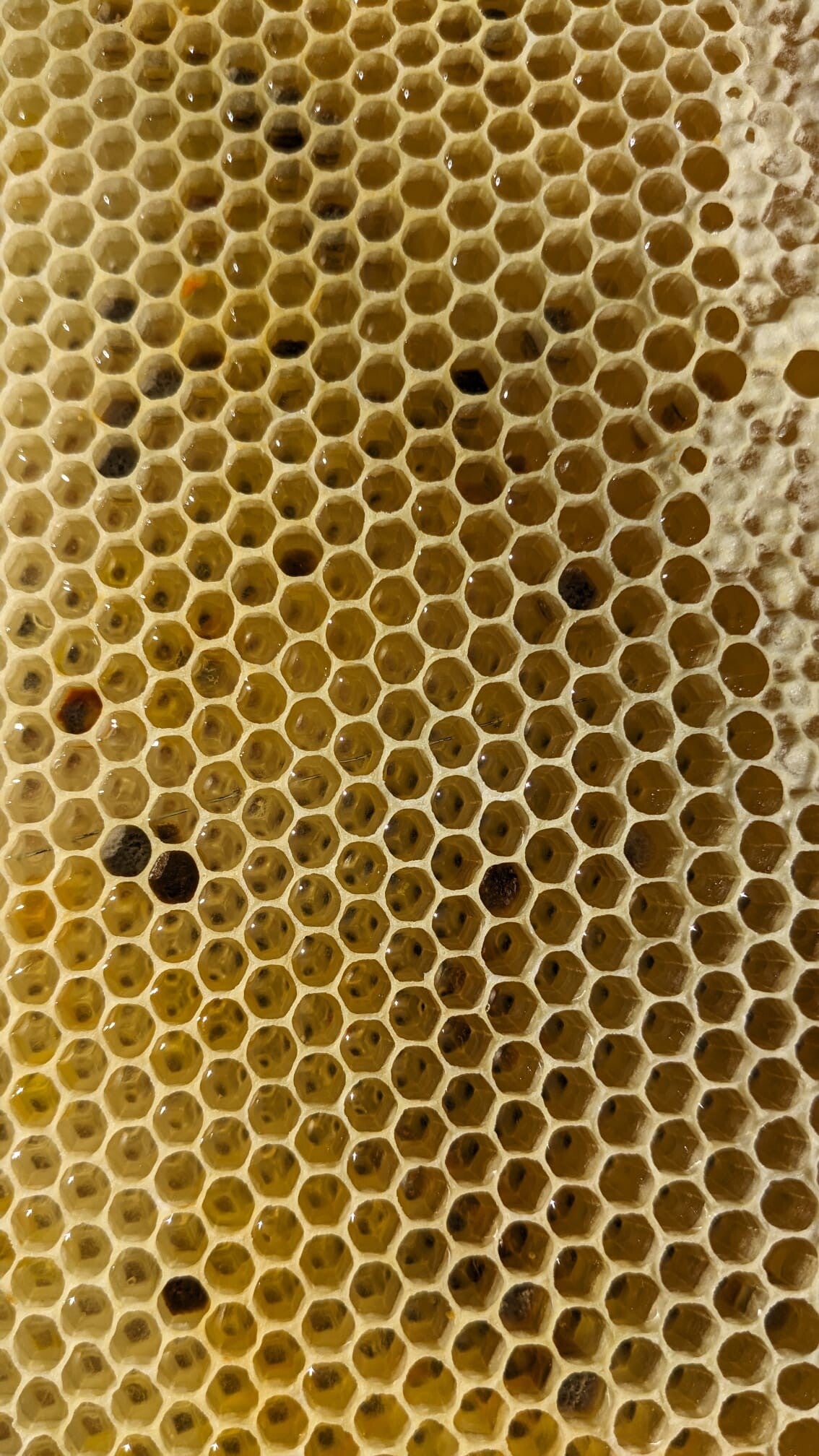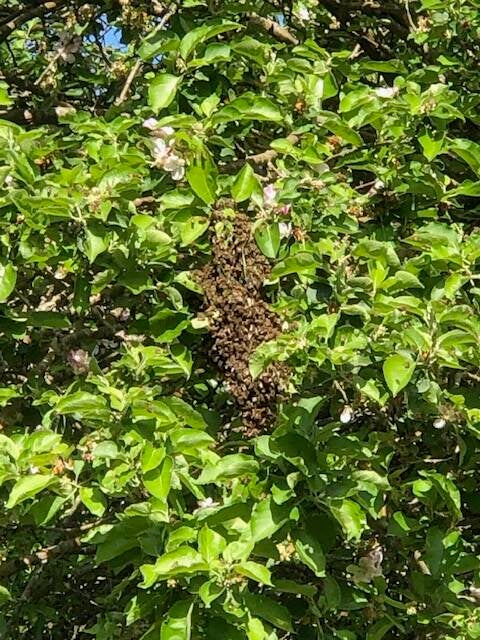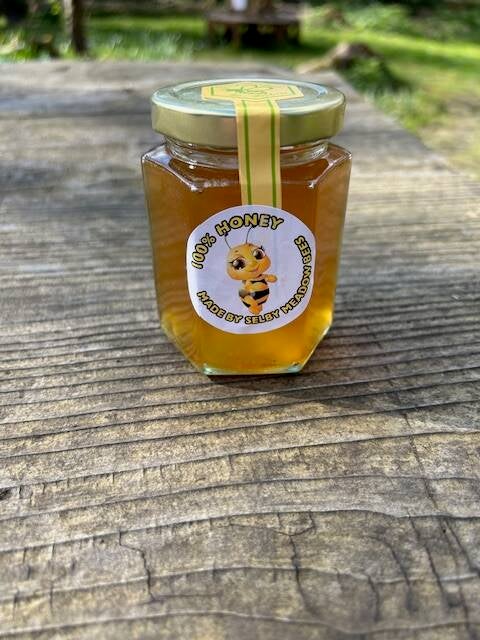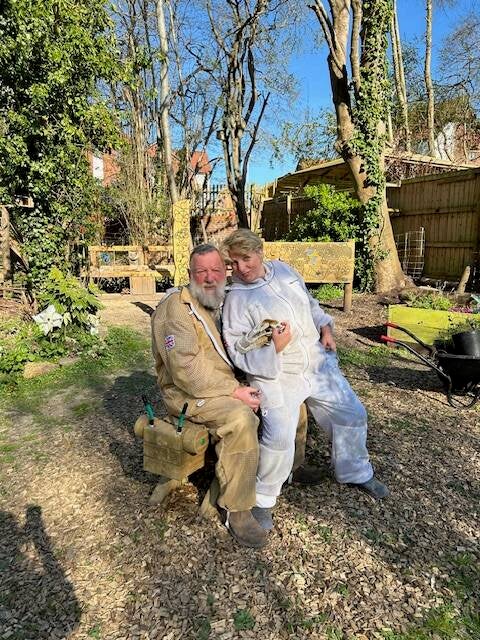Natures Pollinators
Bee Keeping has been done for generations but now ever popular, we have hives within flying distance to our community gardens, pollinating our flowers and making sweet honey to be harvested .

Honey Bee's




Honey
The reward in beekeeping is the end product of harvesting honey.
The flavour and colour of the honey is from the nectar collected by the bees and therefore differs from hive to hive and depends on what flowers the bees have visited. The bee keepers have no control over this part of the process, but they can position hives close to lavender fields or wild meadows to entice which direction they go and there is no guarantee the hive will flourish and produce honey, hives are unpredictable, they can be attacked by other insects like hornets and wasps, queens can choose to leave her hive taking the swarm with her or a swarm can perish due to poor weather conditions or mites or simply can be with out a queen so become weak and eventually perish but when a hive is managed well and stays healthy with a laying queen a good harvest of honey is possible.
The honey bee is organised, they tend to their queen, cleaning her, feeding her and tend to her every need, they build honey combs of wax for her to lay her eggs. From the point they are laid to the point they emerge as a fully grown bee and then the cycle starts all over again. There are three types of honey bee .
Workers that live between 6 to 7 weeks in the summer and 4 to 6 in the winter, Queen bee that can live for 3 to 4 years on average but can live up to 6 years and male bees , the Drone that's life span is around 55 days.
Each have their specific task for the survival of the colony and Honey is made within the worker bees special stomachs as they mix enzymes to break down the complex sugars in the nectar they have collected, its then fanned by their wings to evaporate water which turns it to a sticky substance that we call honey, its then deposited in the honey combs made from wax and sealed. and its their source of food for the colony, so the bee keepers have to manage the amount they harvest or substitute with sugar based alternatives to keep the hives fed especially when nectar is in short supply like during the winter months.
Bees are vital for pollination , without, our fruit would not form and our harvest crops would not flourish, no flowers would grow and the entire eco system would break down. Bees are our friends and we should do all we can to help them.

Bees are vital for the eco system
Selby Meadow Community Green Space is a hub for nature and has a huge source of pollinating plants for the visiting bees. From early spring the apple blossom, wildflowers and hedgerows are a vital source of nectar for these busy insects , we let what some would describe as garden weeds flourish as our bees need all the help they can get and no pesticides are ever used. Keld Close community garden is also a huge source for nectar but being a more managed garden , it tends to be a popular choice for insects in the summer and the bees as they busy themselves on the lavender and dance between the giant hollyhock blooms of all colours.


Create Your Own Website With Webador